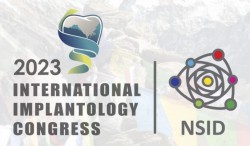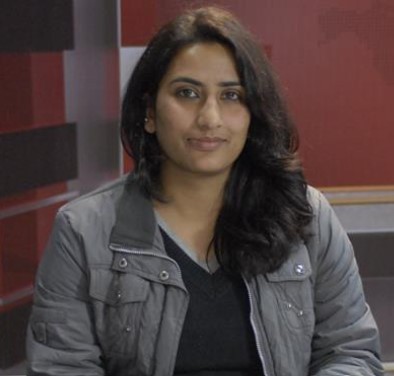Life & Health
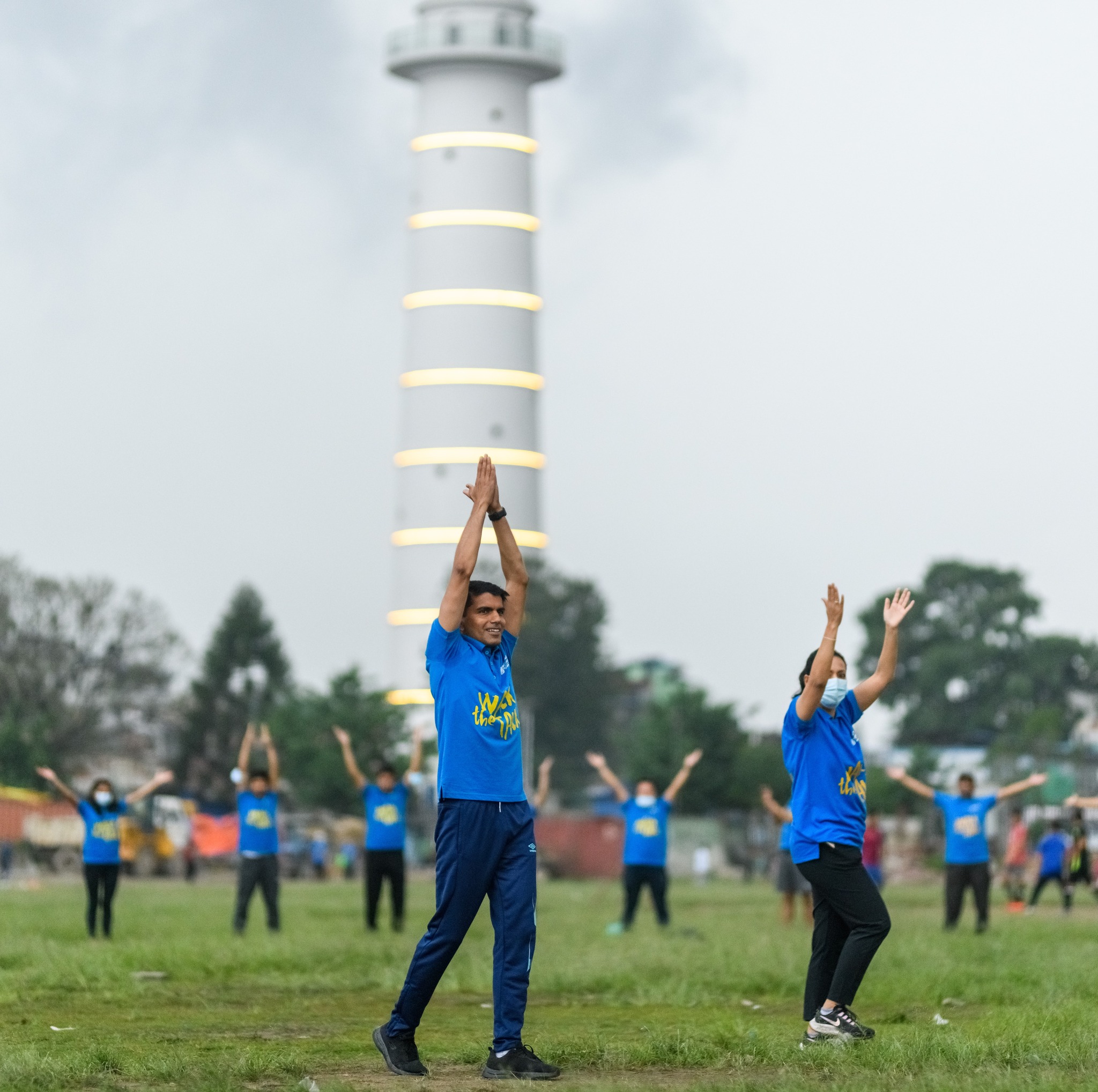
Sitting on a chair for long hours, eating fast foods, stressed lifestyles and physical inactivity are taking a heavy toll on our overall health.
The advent of new technologies and modernisation has worsened the situation. As a result, more people are suffering and dying from non-communicable diseases now than ever.
According to Nepal Burden of Disease 2019, a report of a joint study by the Nepal Health Research Council (NHRC) and the Ministry of Health and Population, non-communicable diseases caused the most deaths in Nepal.
Of the 193,331 deaths estimated in 2019, 71.1 per cent were attributed to non-communicable diseases.
Prevalence of insufficient physical activity has increased from 2.4 per cent to 7.4 per cent for adults aged 18-69 and from 7.2 per cent to 10.8 per cent for adolescents aged 15-17 between 2013 and 2019, as per STEPS Survey Nepal 2019.
Medical experts warn that such physical inactivity can lead to hypertension, type 2 diabetes, coronary heart disease, stroke, and certain cancers.
Dr Rajesh Sambhajirao Pandav, WHO representative to Nepal, talking about the importance of physical activities, wrote on his Facebook page: “Physical activity helps prevent heart disease, brain injury, diabetes and some cancers as well as prevent obesity and improve mental health and health.”
Physical exercises and benefits
WHO defines physical activity as any bodily movement produced by skeletal muscles that require energy expenditure. Physical activity refers to all movement, including during leisure time, for transport to and from places or as part of a person’s work. Both moderate- and vigorous-intensity physical activity improve health.
Walking, cycling and getting involved in other sports are popular ways to be active. There are multiple benefits of physical exercise.
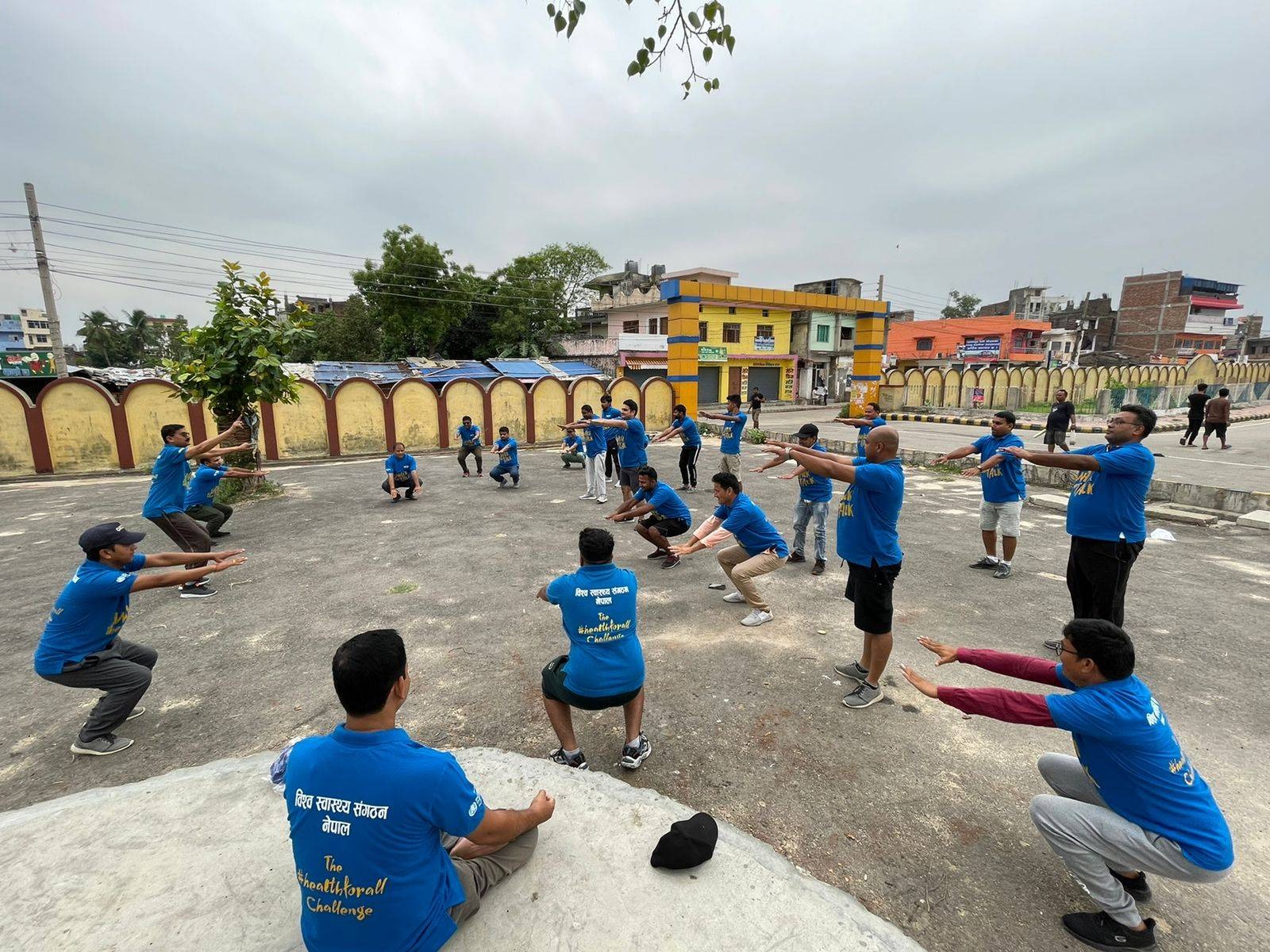
Dr Toya Raj Bhatta, an orthopaedic surgeon at Patan Hospital, said: “Physical exercises benefit physically, mentally and spiritually. It helps to increase immunity. It helps in strengthening muscles. It is beneficial to reduce high blood pressure, help manage weight and reduce the risk of heart disease, stroke and type 2 diabetes.”
Physical exercises help in bone remodelling. Bone remodelling is when mature bone tissue is removed from the skeleton, and new bone tissue is formed. The more one exercises, the better remodelling will be there. It helps strengthen the bones.”
Walk the Talk
Aiming to launch a global movement to promote health and particularly physical activity as part of a healthy, sustainable future, the World Health Organization in 2018 staged a health promotion Walk the Talk: The Health for All Challenge in Geneva.
The free walk/run event is a recurring event and is open to all. The Walk the Talk is also frequently done in Nepal. A recent event was held on November 2 with participants of the Annual Health Review Workshop at Sauraha, Chitwan. Around 100 participants from hospitals and health offices of Bagmati Province took part in the event.
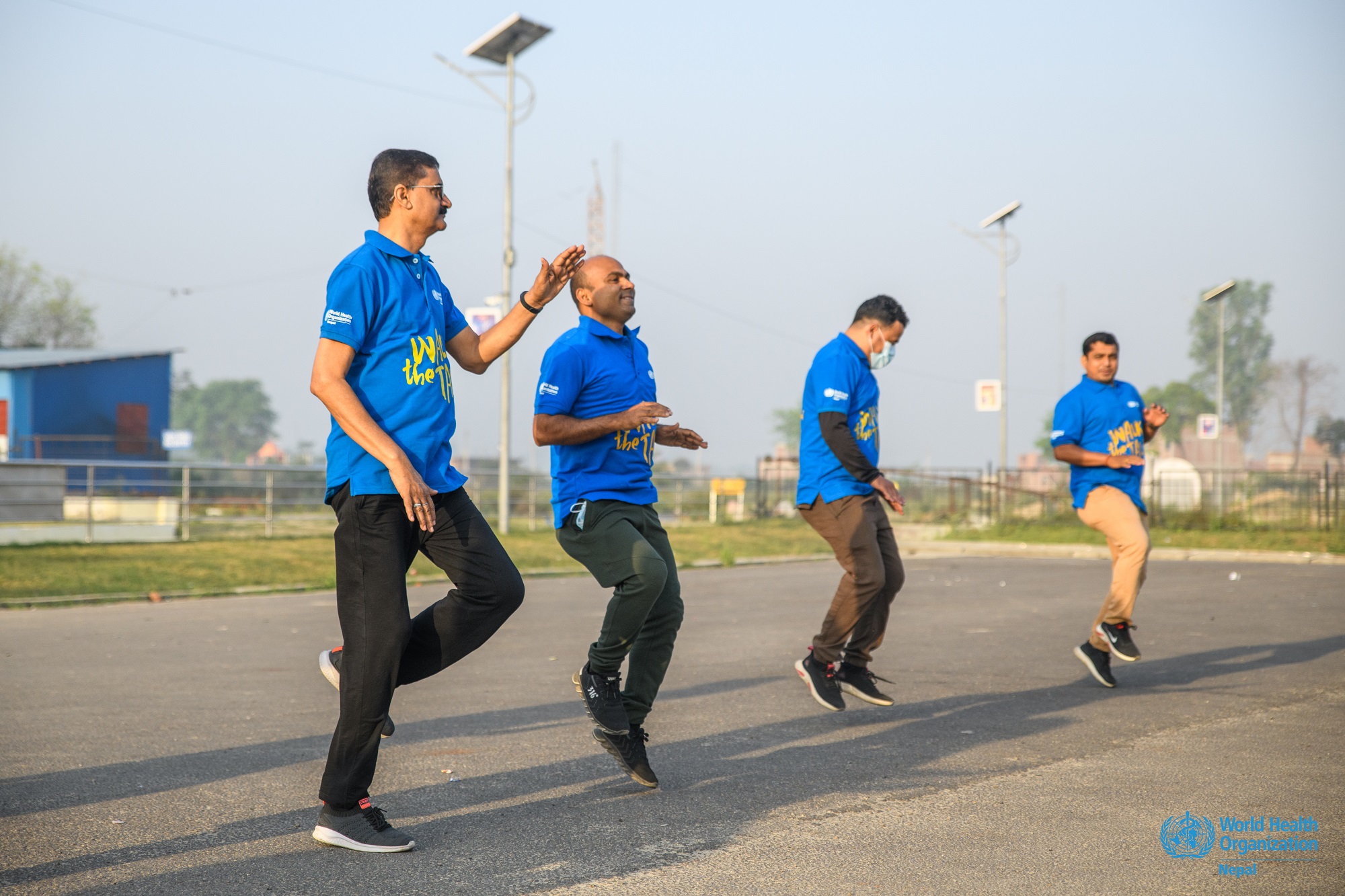
Pandav wrote: “Walk the Talk is about promoting physical activity and good health for everyone, everywhere. Being physically active is one of the most important ways to stay healthy!”
According to WHO, about 7–8 per cent of all cardiovascular disease, depression and dementia cases, and about 5 per cent of type-2 diabetes cases could be prevented if people were more active.
Medical experts suggest physical activities help reduce cholesterol, prevent heart attacks and strokes and maintain high blood pressure.
Dr Khem Raj Bhusal, associate professor of internal medicine at Tribhuvan University Teaching Hospital, said: “Physical exercises help improve blood circulation and muscle activity. It also helps to maintain your weight making one stay fit and healthy.”
Physical exercises are beneficial for mental health too.
Dr Bhusal added: “Physical exercises help increase energy and positive mood. It reduces stress and anxiety and helps increase self-esteem. It also helps people to treat depression.”
The experts advise 30 minutes of exercise five days a week. They say taking a short break from sitting by walking for 3-4 minutes or stretching will ease muscles.
According to WHO, almost 500 million people will develop heart disease, obesity, diabetes or other non-communicable diseases attributable to physical inactivity between 2020 and 2030. That would cost $27 billion annually if governments do not take urgent action to encourage more physical activity among their populations.
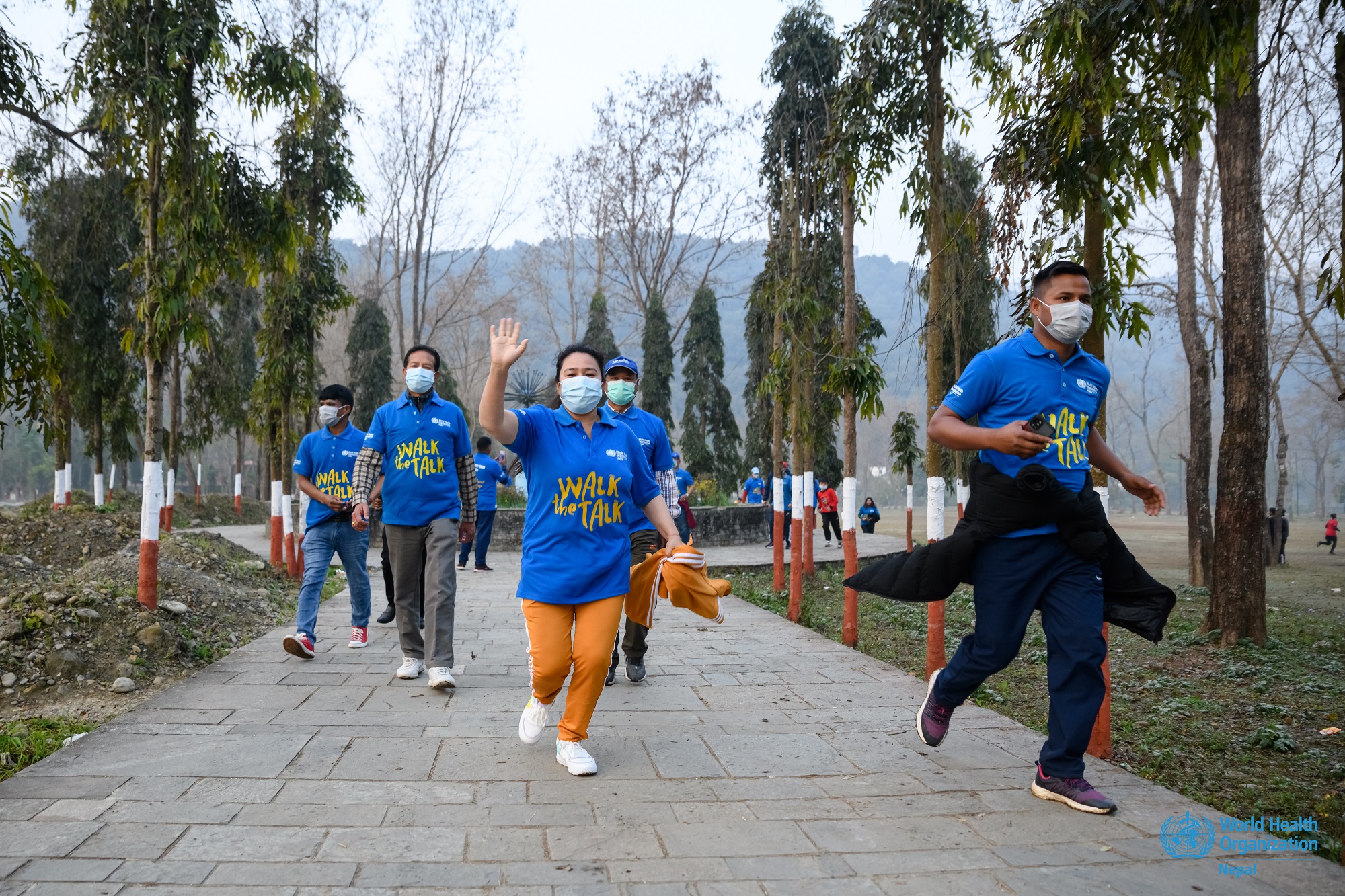
Dr Tedros Adhanom Ghebreyesus, WHO Director-General, in Geneva during the launch of the Global Status Report on Physical Activity 2022 on October 19, said: "We need more countries to scale up implementation of policies to support people to be more active through walking, cycling, sport, and other physical activity. The benefits are huge, not only for individuals' physical and mental health, but also for societies, environments, and economies.”

_11zon1681280198.jpg)
